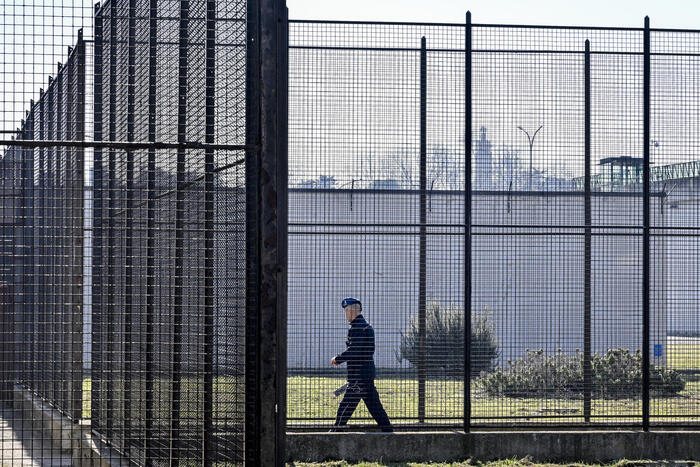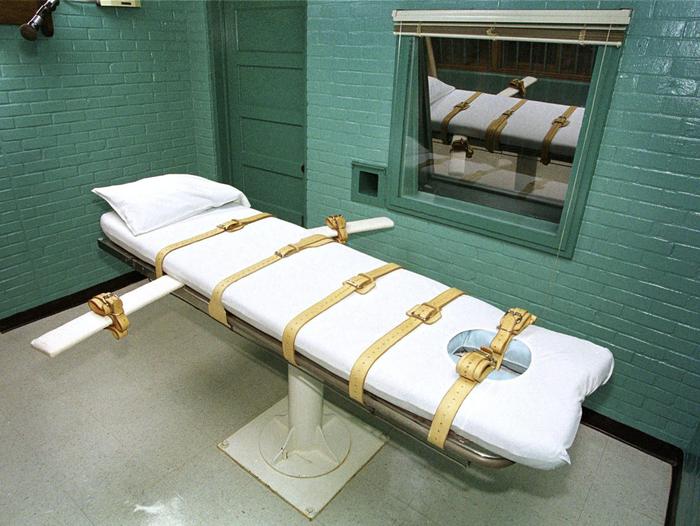"Prison is the place of the just man," wrote Henry Thoreau about civil disobedience. Prison, or the risk of it, should be the place of righteous doctors during the covid-19 pandemic in countries where abortion is criminalized. There would be no more prisoners than the night that Thoreau also experienced due to civil disobedience in his time. We need doctors in hospitals to save humanity. It is precisely because we are so essential that this is the time to be virtuous and just. It is time for doctors to disobey criminal law and take care of women so that they do not die from clandestine abortion.
In places where restrictive pandemic containment rules intersected with gender inequalities, such as domestic violence or the criminalization of abortion, more women died or their lives were at risk. By ignoring reproductive health needs as part of the public health response to the Ebola epidemic, a 75% increase in maternal mortality was generated in Liberia, Guinea and Sierra Leone. From China to Ecuador, norms of social isolation have increased the vulnerability of girls and women to domestic violence. Femicide rates have even been raised. In São Paulo, for example, there was a growth in the number of homicides of women in their own home, compared to the same period in 2019.
Fair doctors must follow their conscience and practice good medicine. Abortion is a health need that does not go away during a pandemic. On the contrary, its supply becomes even more necessary without access barriers or stigmas: reproductive health remains a health need during any social emergency, be it an armed conflict or a humanitarian crisis. The silence of the rulers cannot dictate the conscience of those who know how to protect lives. Doctors must be more than heroes of a pandemic, they must be transgressors for a fairer post-pandemic world.
In 1973, a group of more than 300 French doctors followed Manifesto 343, led by Simone de Beauvoir, and declared themselves caregivers of women in search of abortion, that is, conscientious objectors to an unjust law that prohibited them from correctly exercising medicine. The publication of the Manifesto of the 343 women was accompanied by a bullet that asked: "Who pregnant the 343 vagabonds of the Manifesto of abortion?". The "who" question was a provocation to the public debate about how gender inequalities make up laws and rights — if it is women who claim the right to abortion, on the other hand, it is the men in power who insist on controlling their bodies with the fury of criminal law, even classifying them as "tramps".
The question of women who will survive the covid-19 pandemic in countries where abortion is a crime would be different. It has the sense of urgency and helplessness that accompanies our lives: "Who are the doctors who abandon us?" A pandemic is an emergency for survival. We depend on governments to exist and to care for women whose previous inequalities left them even more vulnerable to the anomie of life, such as poor, black and indigenous women or girls victims of sexual violence. If there is an ethical call in the suspension of normality due to the pandemic, the answer cannot be submission to the rules that governed our bodies or conformity to the privileges that save us, but awareness of what is just. This new conscience calls for the civil disobedience of doctors to care for abortion.
Debora Diniz is a Brazilian, anthropologist, researcher at Brown University.
Giselle Carino is an Argentinean, political scientist, director of the IPPF / WHR.
You can follow EL PAÍS Opinion on Facebook, Twitter or subscribe here to the Newsletter.















